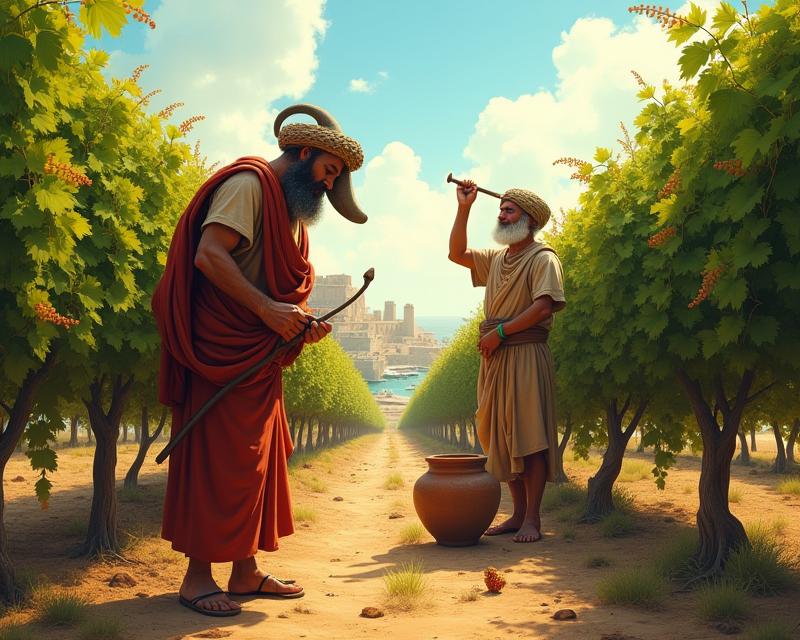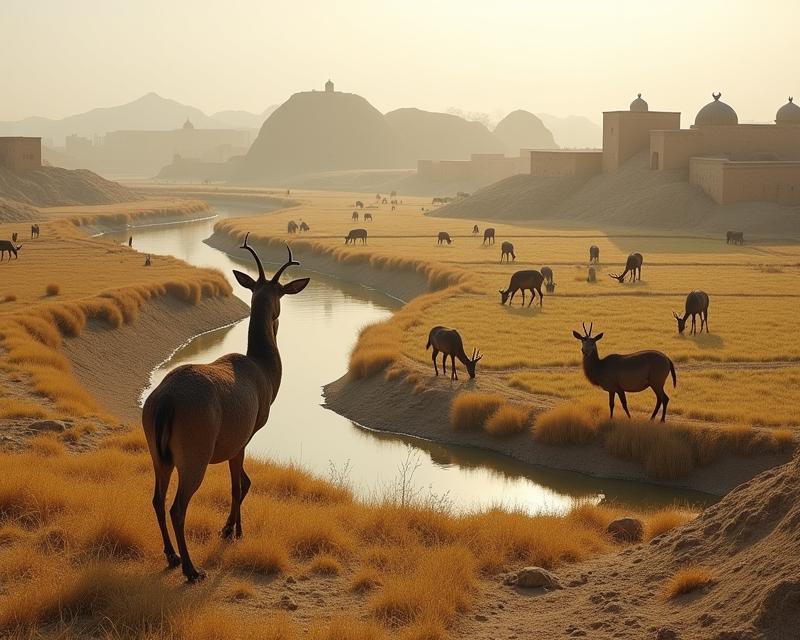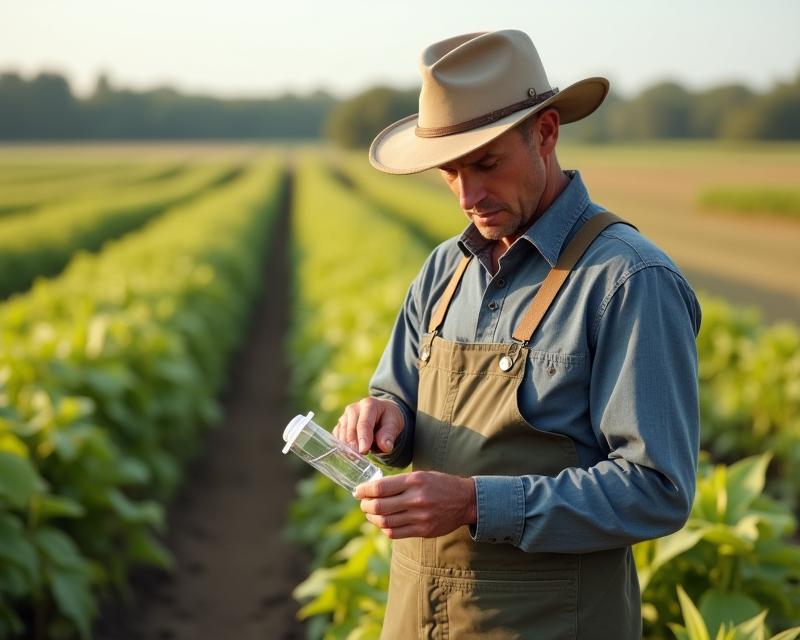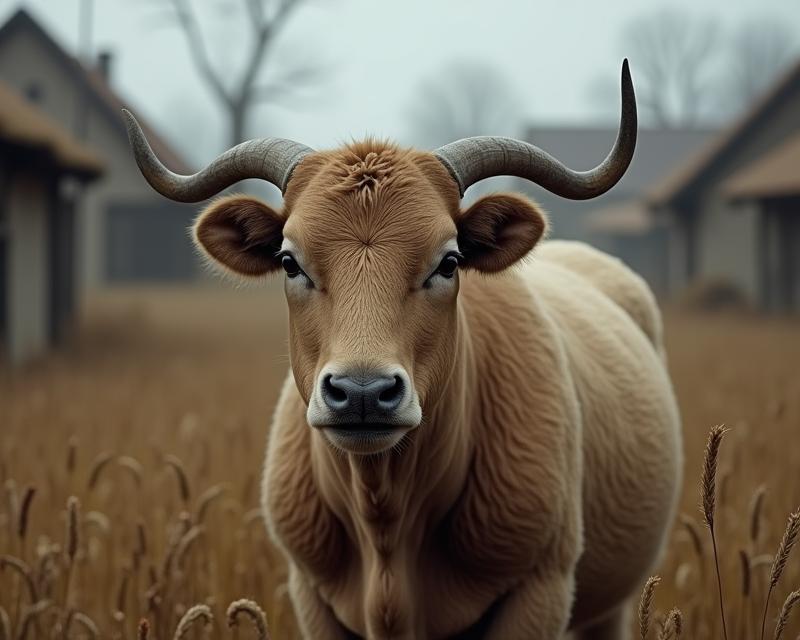Schoolyard Grain Gardens: Growing Futures
Publish in Agriculture el 07/07/2025 18:39
Schoolyard Grain Gardens: Growing Futures
As farmers, gardeners, and ranchers, we understand the importance of connecting people with their food. But how often do we think about introducing the next generation to the origins of the grains that form the foundation of so many diets? Schoolyard grain gardens offer a fantastic opportunity to bridge the gap between farm and table, fostering a deeper appreciation for agriculture and healthy eating. It's not just about planting seeds; it's about cultivating knowledge, responsibility, and a lifelong connection to the land.
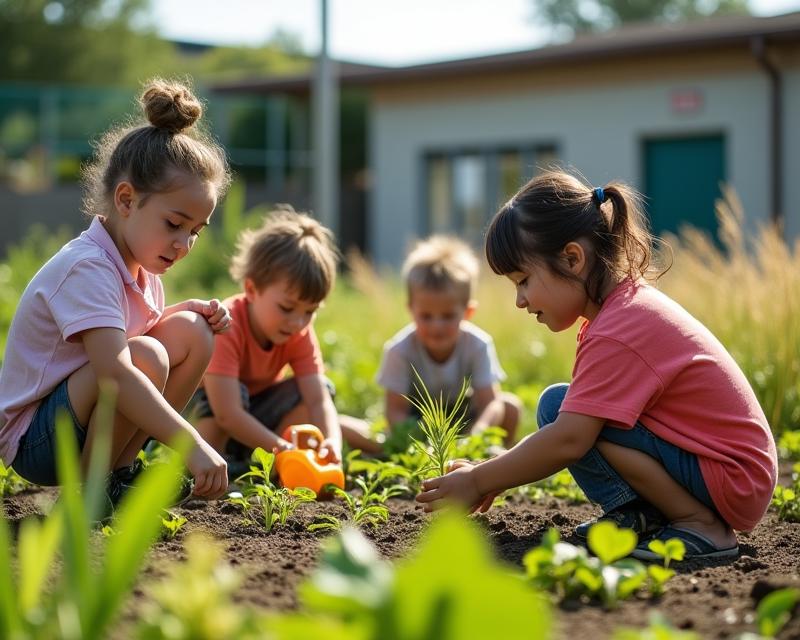
Why focus on grains? Grains like wheat, barley, oats, and rye are staples worldwide. Understanding how they grow, from seed to harvest, provides a tangible lesson in plant science, soil health, and the vital role agriculture plays in our society. Plus, growing grains in a schoolyard setting is surprisingly achievable, even with limited space. It’s a great way to demonstrate sustainable practices and the cyclical nature of farming.
Getting Started: Simple Projects for the Classroom
The beauty of schoolyard grain gardens lies in their adaptability. Here are a few project ideas to get you started:
- Wheat/Barley Planting & Harvesting: These are relatively quick-growing grains, perfect for a school year project. Students can learn about germination, watering, and the different stages of growth. Harvesting the mature grain is a rewarding experience!
- Oat Straw & Cover Cropping: Oats are excellent cover crops. Students can learn about soil erosion control and the benefits of adding organic matter to the soil. The oat straw can then be used as mulch or compost.
- Rye & Winter Gardens: Rye is a hardy grain that can be planted in the fall and provides excellent winter cover. It’s a great way to demonstrate how agriculture adapts to different seasons.
- Grain Identification & Processing: Once harvested, students can learn to identify different grains and explore simple processing techniques like threshing (using a simple hand-operated device) and winnowing.
Beyond the practical aspects, these gardens offer a wealth of educational opportunities. Students can track plant growth, measure rainfall, analyze soil composition, and even calculate yields. Connecting the garden to the school curriculum – science, math, social studies – makes the learning experience even more impactful. Consider incorporating lessons on the history of grains, the role of agriculture in different cultures, and the importance of food security. These gardens aren’t just about growing food; they’re about growing informed and engaged citizens who understand the value of sustainable agriculture.
Starting a schoolyard grain garden is an investment in the future. It's a hands-on way to inspire a love of farming, promote healthy eating habits, and foster a deeper connection to the land. We encourage farmers, gardeners, and ranchers to share their knowledge and expertise with schools in their communities. Let's work together to cultivate a generation that understands and appreciates the vital role agriculture plays in our world.
